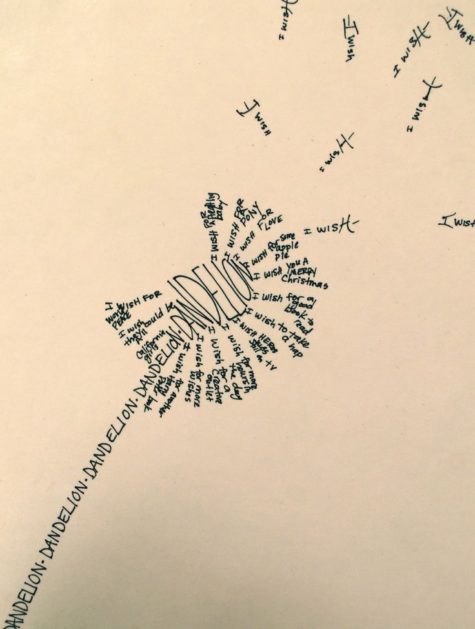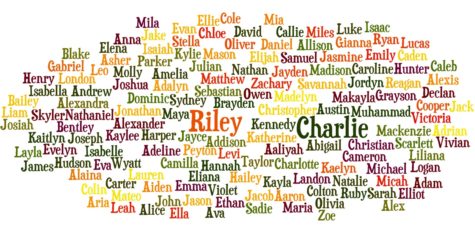Names
Literomancy
I didn’t find much about this subject. Most of the links I followed shared the same information from wikipedia as I have shared below. My own thoughts on the subject are as follows:
This type of divination truly relies on the individuals abilities and confidence. If you’d like to try it, pay attention to the first words, ideas, thoughts, images and impressions that come to you as you look at the word or words. What do they say about the person, the situation… how does it feel when you think about it.
If nothing comes right away, you can ask yourself the following questions:
- If the word was an object, and I picked it up, how would it feel?
- Is it heavy or light? Bright or dull? Colorful or black and white?
- Is there a story associated with it? And if not why not? And if so, what would it be?
- If this word was an animal… how would it sound? Which animal would it be? What would it do?
Allow yourself to be open to any possibility, no matter how absurd or outrageous. Take notes and write down your impressions. Try to engage all of your senses. Sight, Taste, Smell, Sound, Touch … etc.
From wikipedia:
Literomancy, from the Latin litero, “letter”, mancy, “prophecy”, is a form of fortune-telling based on written words, or, in the case of Chinese, characters. A fortune-teller of this type is known as a literomancer.
When practicing literomancy, the client puts up a subject, be it a single character or a name. The literomancer then analyzes the subject, the client’s choice of subject or other information related to the subject, along with other information he sees in the client or that the client supplies to arrive at a divination.
Some literomancers can read the curves and lines of a signature as signed by an individual, just as a professional handwriting analyst might, but uses instinct and divination techniques rather than applied analysis skills.
Literomancy is practised in Chinese-speaking communities and known as cèzì (traditional Chinese: 測字; simplified Chinese: 测字). The subjects of a literomancy are traditionally single characters and the requestor’s name (Chinese believe that the name can affect one’s destiny). In modern times, elements such as foreign words or even more recently, e-mail addresses and instant message handles have come into use as a subject.
Onomancy
Onomancy comes from the Greek onoma (name), and manteia (prophecy). Onomancy is an old-fashioned kind of fortune telling based on a person’s name. This form of divination was popular in the Late Middle Ages, usually following practices of Gematria (numerology). Earliest recorded use: 1603.
One theory suggests that the analogy between men’s names and their fortunes may have originated with Pythagoreanism.
There were two cardinal rules in the science of onomancy. The first concerned the vowels within a man’s name. If there was an even number in the name, then there was something amiss in his left side. If the vowel were uneven, this signified a similar affliction in his right side.
The second rule involved the numeral numbering of all the letters within a name. This rule was often used to predetermine the winner of two combatants. The person having the name in which the letters added up to the greater sum was always picked to be the winner. This was how Achilles was chosen to triumph over Hector.
The belief in a connection between luck and a person’s name is an old one. During the heyday of onomancy, a fortune teller might ascribe meaning to the number of vowels in your name or the total number of letters. It was also common to give each letter a number value, and to add up the total number of a person’s name.
It was also said that if three women with the same name sit at a table, one of them will be married within the year.
Some parents name their children after careful consideration of onomancy to ensure the best possible future for them. Some people alter the spelling of their names or adopt a new name in an effort to bring good fortune. Science fiction writer Isaac Asimov wrote a short story, “Spell My Name with an S”, with this theme. The story was inspired by his frustration in having to ask people to spell his name (pronounced AZ-uh-mof) correctly.
Here’s a link to a Onomancy word generator – Seimei Handan Generator. This generator is a system that analyzes the number of strokes in each letter of the name. Based on those numbers, it then displays the word that gives oneself the most impact. I found it interesting, and maybe it will give you some ideas of your own.
Debbie: Reading Candle Wax
Bridget Grimes: 310112_svyatki2_500
Mari: Reading Candle Wax
Ali: Notarikon
ALI: Notarikon




